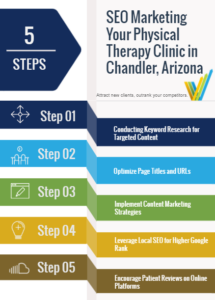First there was Panda, then Penguin, and then late last summer Google rolled out Hummingbird. Now, they’ve come out with Pigeon.
Search Engine Land actually took the reins and gave the update its name this time. What is it with Google updates and animal names? Well anyway, here’s the quick of what it does:
- Makes Local Search Rankings Work More Similarly to Organic/National Search
Google uses more than 200 hundred factors to determine where your website ranks in organic search. Organically, Google’s looking for fresh, original content, beautiful, well-organized websites, and naturally optimized web pages.
It’s too early to tell precisely what the ramifications will be for local search. But Google has at least made it clear it wants local search to work more like organic search.
- Eliminates the Local 7-Pack for Many Search Queries
Fewer search results are going to display it now. Experts are still debating whether this is bad or good for local SMBs.
- Local Directories Get Better Visibility in Search Results
In the past, Yelp accused Google of manipulating search results with its name lower in Google’s rankings. Whether that’s true or not, I don’t know.
But Yelp gets better search visibility now. Others like Urbanspoon, TripAdvisor, and even very small directories few people know are getting better web rankings too.
- Search Radius is More Precise
“Search radius” refers to your geographic location, and what results appear when you do a local search. A post by Search Engine Watch notes in one instance this “has been reduced significantly.”
Other individuals have made conflicting reports. In the near future, we’ll know more about the true impact of Pigeon on search distance and location and your rankings.
How This Affects You
For the most part, it’s too early to tell exactly what’s going to happen to your web rankings. It will take a period of weeks, perhaps months, before I finally know Pigeon’s specific effects.
Initial reactions from other SEO experts are both positive and negative. So you could experience better or worse rankings, or perhaps little net change at all.
Undoubtedly, what you do need to do on your website now that Google is changing local search to be more like organic search is:
1) Use META title/description tags optimized with your keywords, but with an emphasis on natural language first.
2) Make sure all content on your geo-targeted city pages is 100% original for each city. You can talk about similar ideas, but the wording must be different.
3) Regularly update your website with useful, original content (2 times per month minimum, and more if you have the time/budget).
If you do all that (it’s actually quite a bit of work), you’ll be just fine in the rankings.
I know all this change is overwhelming and frightening – stay tuned to my blog. I try hard to never steer you wrong!






